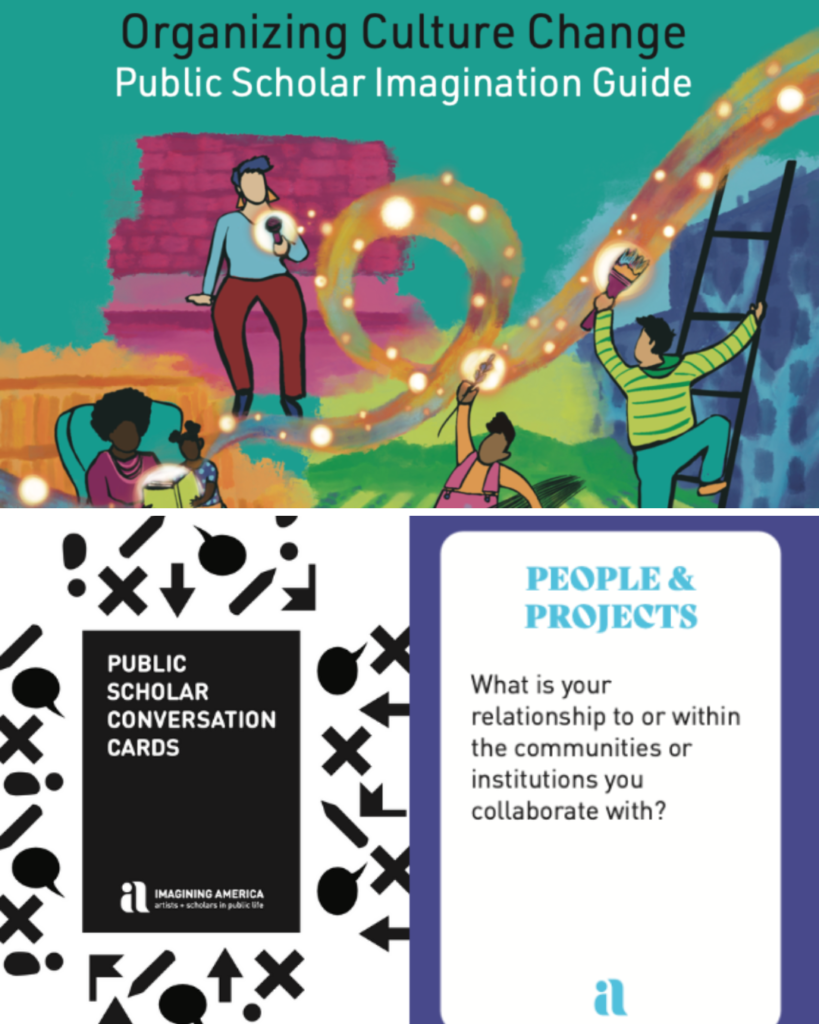Publicly Active Graduate Education (PAGE) Fellowship
Publicly Active Graduate Education (PAGE) is Imagining America’s (IA) network for publicly engaged graduate students in humanities, arts, and design. PAGE enhances the praxis and pedagogy of public scholarship; fosters a national, interdisciplinary community of peers and veteran scholars; and creates opportunities for collaborative knowledge production. The PAGE consortium, made up of alumni and allies of the program, promotes opportunities for mentorship and peer support from IA’s network.
The 2023-2024 PAGE Fellows
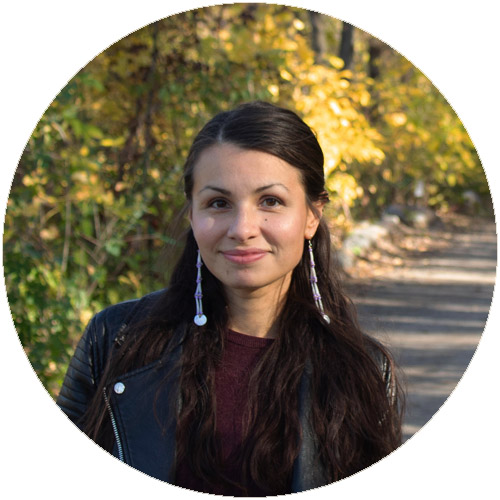
Racquel Banaszak
University of Minnesota – Heritage Studies and Public History
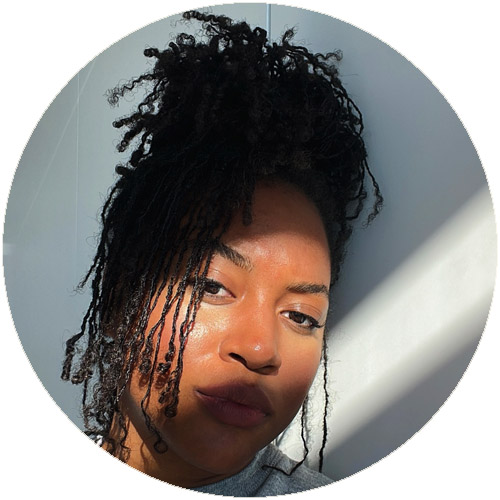
Chelsea Bouldin
Syracuse University – Cultural Foundations of Education
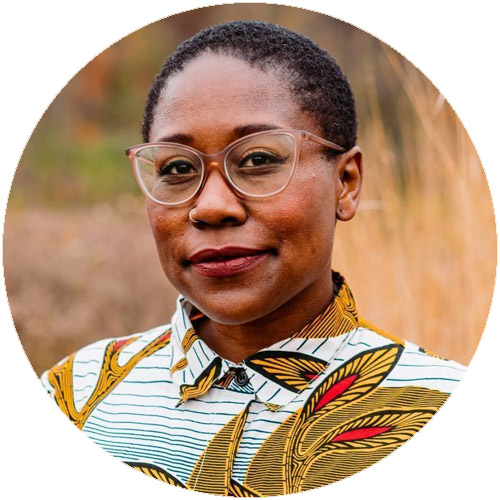
monét cooper
University of Michigan – English and Education

Angela Rose David
University of California, Los Angeles – Fielding School of Public Health

HL Doruelo
University of California, Riverside – Ethnic Studies

Ural Grant
Michigan State University – Theatre

S. Coco Herda
University of California, Davis – Community Development Graduate Group
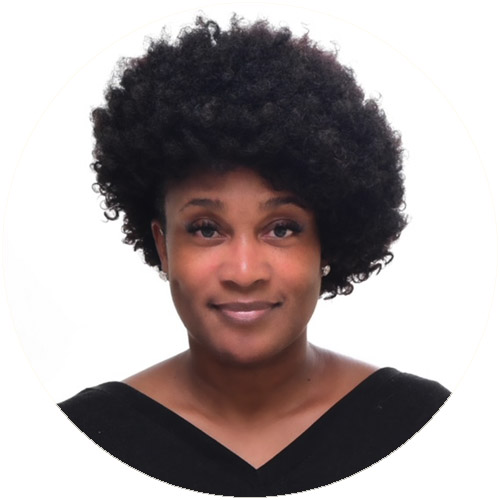
Sonya Squires-Caesar
University of Maryland, Baltimore County – Language, Literacy, and Culture
History
When IA launched in 1999, the national conversation about the state of higher education included deep concern for the future of graduate education, especially in the humanities—in large part a result of the acute job crisis. However, there was very little room in these conversations for input from graduate students. As IA’s Founding Director Julie Ellison remembers, “I went to a lot of meetings about humanities graduate education. All of these meetings were about graduate students, and there were virtually no graduate students in the room. Those that were present were not welcomed as peer leaders.”
Meanwhile, several programs devoted to fostering broad opportunities for graduate students were emerging around the country. As IA developed, Julie Ellison; David Scobey, U of Michigan’s Arts of Citizenship founder; and IA’s first Associate Director Dr. Kristin Hass knew the involvement of graduate students was critical in shaping the conversation about the role of public cultural practice and the future of higher education.
In 2003, U of Michigan graduate student Dana Walker worked on implementing plans for IA’s graduate network, titled Publicly Active Graduate Education (PAGE). An early invitation letter explained PAGE’s intentions: “The purpose of this new graduate network, supported by Imagining America, is to both inspire and inform graduate students interested in pursuing public and community practice through the humanities, arts, and design. Because of the inevitable fiscal constraints, PAGE is a modest enterprise. But the goal–of building a national alliance dedicated to taking seriously the public capacity of graduate students in the cultural disciplines–is an ambitious one.”
The PAGE network got a jumpstart at the 2003 IA conference in Illinois when UT-Austin graduate student Sylvia Gale used her time on a panel intended to highlight graduate student leaders in public engagement to ask the obvious: Where was the graduate voice in this conversation? What were students actually doing in the field, and what might they have to say about their own professional preparation? How far would conversations about “transforming” higher education go without participation from the newest and soon-to-be faculty members? Ellison approached Gale immediately and asked if she would be willing to undertake leadership of the PAGE initiative, already imagined by IA as central to the organization’s mission but not yet mobilized.
Over the next year, with Ellison’s support, Gale laid the groundwork for the program, and due to the dynamic participation and critical feedback from each new cohort of Fellows, PAGE’s role has grown. Former Fellow Kevin Bott became the program’s second director in May 2008. In 2009, Adam Bush became director, pushing the network’s leadership structure towards greater collaboration.
At the start of its second decade, PAGE reframed itself as a peer network organized by a rotating cohort of PAGE alumni who share responsibility for designing support structures for the new cohort. The program has used its funding from IA to host monthly peer-designed webinars and virtual dinner parties, to support fellows as they visit one another’s campuses, to generate conference programming, and to fund the co-creation of scholarly artifacts.
Leadership
PAGE is a peer network organized not by an individual director, but instead by a rotating cohort of PAGE Alumni who share responsibility for mentoring and designing support structured for each new cohort of fellows.
Application
Imagining America invites graduate students with a demonstrated interest and commitment in public scholarship and/or artistic practice to apply for the PAGE Fellowship. Awardees receive a year’s worth of mentorship, professional development training, and community support as well as a travel stipend to attend a Fellows Summit during the national conference.
Application Instructions
Completed applications must be received by midnight (EST) on Friday, June 30, 2023, to be considered. Applicants will be notified of their status by August 15th.
Preview a PDF of the PAGE Fellowship application.
The PAGE Fellowship application includes the following components:
- Two (2) 350 word essays in response to provided prompts
- Four short answer logistical questions
- 50-word biography
- Current Curriculum Vitae
- If selected, a photo will be requested to be used on the IA website as part of the announcement of our new cohort of Fellows.
Eligibility
Students must be enrolled in a graduate program at an IA membership institution in order to apply to be a PAGE Fellow. Applicants can be at any stage of their graduate programs. Applicants must be graduate students during the entire 2023-2024 academic year, but they do not have to be planning a career within higher education. Historically underrepresented groups in higher education (e.g., people of color, international students, non-US citizens, persons with disabilities, veterans, LGBTQIA persons, first-generation students, non-traditional students, and/or individuals from working-class backgrounds) are especially encouraged to apply.
Learn more about our co-directors here. Take a look at last year’s fellows’ Blog Salon here.
